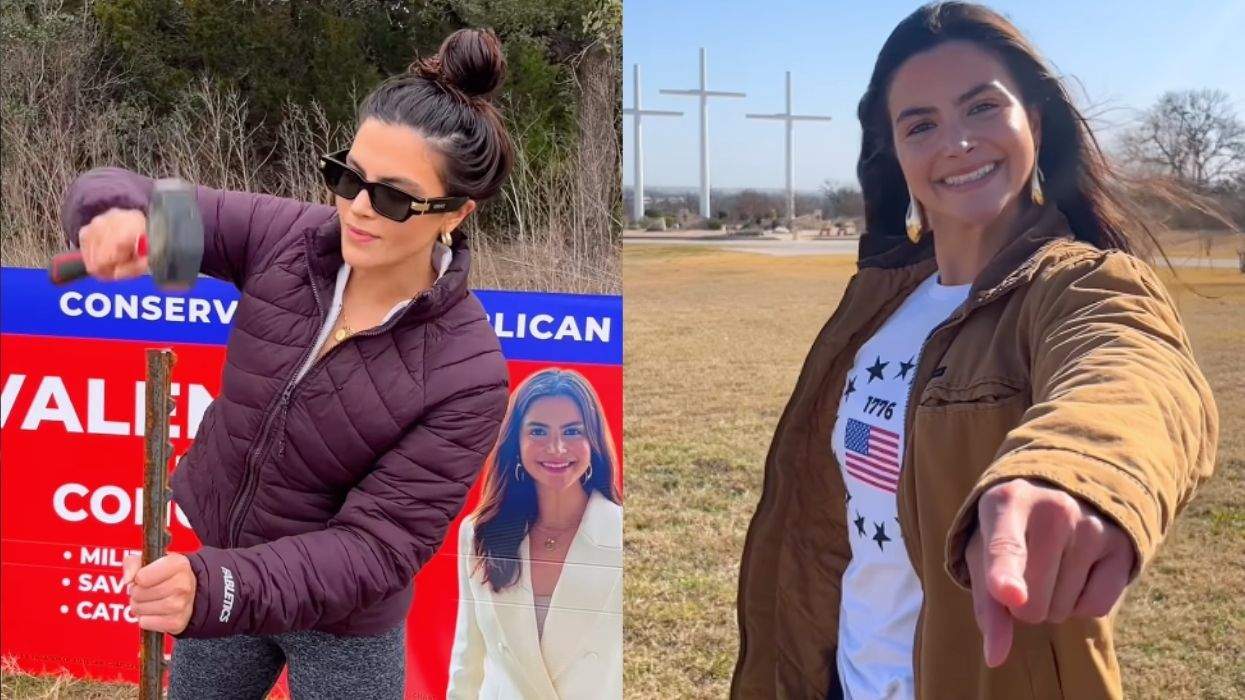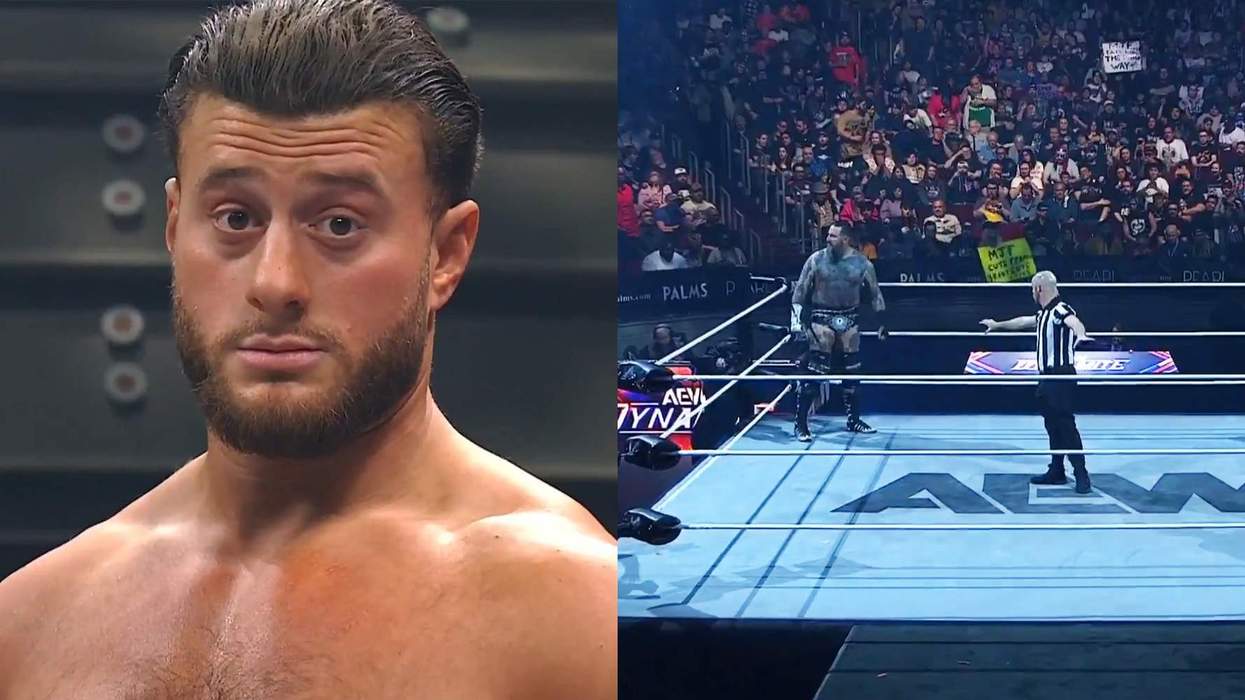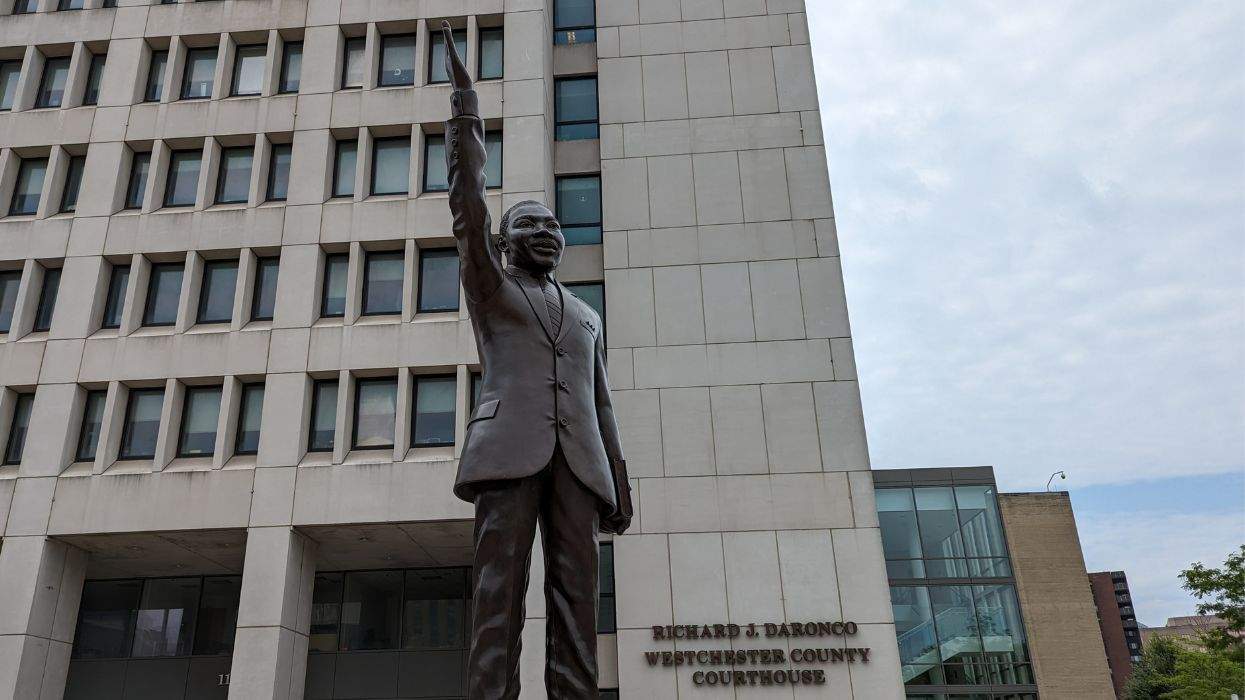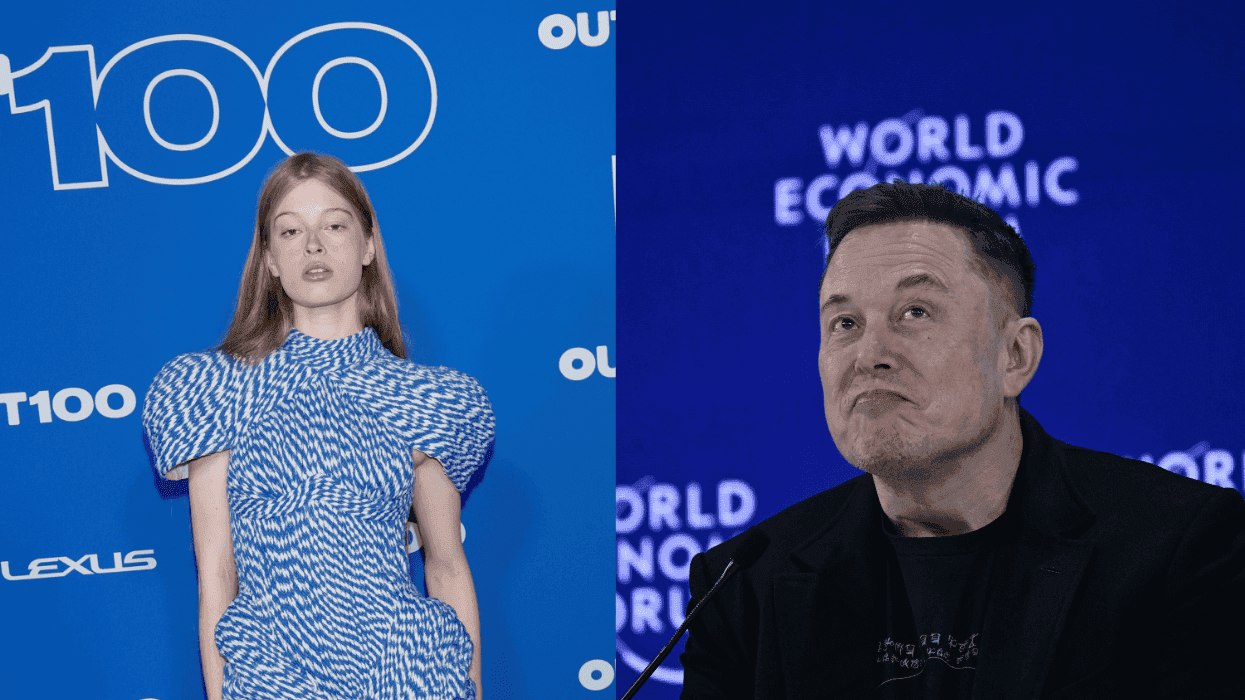George Takei is no stranger to standing up for social justice. But he steps to the forefront of an age-old fight with this latest campaign, an attempt to get Warner Bros. executives behind an adaptation of the Japanese graphic novel Akira to cast Asian actors instead of the white leading men they've reportedly been considering.
Takei, who is also advocating for Social Security in a series of new PSAs (he knows things aren't equal for gay couples, and that's part of the reason he's involved), tells The Advocate he's not surprised Hollywood moguls are attempting to whitewash the film, but he thinks they'd have learned from past mistakes by now
The Advocate: Were you surprised to find out Warner Bros. is courting white leading men for roles in the adaptation of Akira?
George Takei: It's not a surprise because that's been a Hollywood tradition. For example, when I was very young, I read Pearl Buck's epic novel of China, The Good Earth. And that film, all of the principal major roles were cast with Caucasians. As a matter of fact, Luise Rainer, who played the wife, won an Oscar for that. Paul Muni was her husband. It's an old Hollywood tradition that we've always been battling, not just Hollywood but Broadway too, if you remember Miss Saigon and the furor over that. So, no, I really wasn't surprised, but the audience has changed now, and I'm surprised Warner Bros. is not keeping up with the audience. The manga and anime phenomenon is mostly white in this country. It originated in Japan, and, of course, it has a huge Asian fan following. But it's the multi-ethnic Americans who are fans of Akira and manga. The idea of buying the rights to do that and in fact change it seems rather pointless. If they're going to do that, why don't they do something original, because what they do is offend Asians, number 1; number 2, they offend the fans. The same thing happened with M. Night Shyamalan. He cast his project [The Last Airbender] with non-Asians and it's an Asian story, and the film flopped. I should think that they would learn from that, but I guess big studios go by rote, and the tradition in Hollywood has always been to buy a project, change it completely and flop with it. I think it's pointless, so I thought I would save Warner Bros. a bit of failure by warning them of what will most likely happen if they continue in that vein.
It seems this is particularly still a problem for Asian and Asian-American actors. Do you see something like this happening with a role written for a black actor?
Oh, absolutely not. African-Americans have made enormous advances. There are a whole host of bankable stars who are African-American. Can you name one bankable Asian-American star? No. There isn't. You have Denzel Washington, Samuel Jackson. A whole host of them. One can't name a single Asian-American whose name you can take to the bank and get a project financed. We are making headways. I'm not a pessimist. We have made tremendous headways from the time I started in this business in 1957. Asian faces are part of the ensemble in many TV shows playing not roles that are specifically Asian, but playing doctors and detectives. Advances have been made, but we have still not caught up with the African-American achievements.
Why do you think there seems to be a reluctance to cast Asian-American actors in leading roles?
I don't think it's a reluctance, they just don't know better. They have the experience of Shyamalan's project, and I would think any savvy production company would learn from that. So I'm really baffled by the lack of learning from experience. Hollywood doesn't like failures, and there's a string of failures in the past. With this effort, I'm trying to warn them of what is likely to happen with this Akira project.
What would you ideally like to see happen with the Akira adaptation?
Well, ideally, they should do it properly and get Asian-American actors cast in those roles. In the adaptation they would of course be speaking in English and understandable to a popular American audience. That's the whole point. They bought a project that is popular and enormously loved by its fans, and if they want the fan following to support the film, that's the way you do it.
In addition to championing diversity in Hollywood, you are also working on behalf of Social Security with a new PSA with Patty Duke. Why is this issue important to you?
Well, you know, my thing has been to fight for equality. I'm married now, and there are certain benefits from Social Security which opposite-sex couples have that same-sex couples do not enjoy, even if we are legally married in California, because Social Security is a federal program. There are those who say, "I'm going to criticize it from the outside." For example, I was active during the 1970s and 1980s in getting redress from the United States government for the unconstitutional internment of Japanese-Americans during the Second World War. There were some people that were so embittered that they said, "I'm not going to be a voter. I'm not going to participate in this system. It's a sham." I was active in the democratic process, I was a volunteer in various democratic campaigns, because I believe real change comes by working in the process. It's the same thing with Social Security. If we want equality, we have to be in there. I had discussions with the Social Security Administration when they asked me to do this PSA, and it's with that common understanding that, when I do the promotional round, I could speak out on the issue of equality.
Was it a condition of your involvement?
I would have done the PSAs anyway, but I wanted to make sure they understood where I was coming from. I don't like to be confrontational about things. You want to be on a good working basis with people, so I had that discussion and they agreed, they understood, and they agreed I could speak out on it. So with that understanding, I was more than happy to participate.















